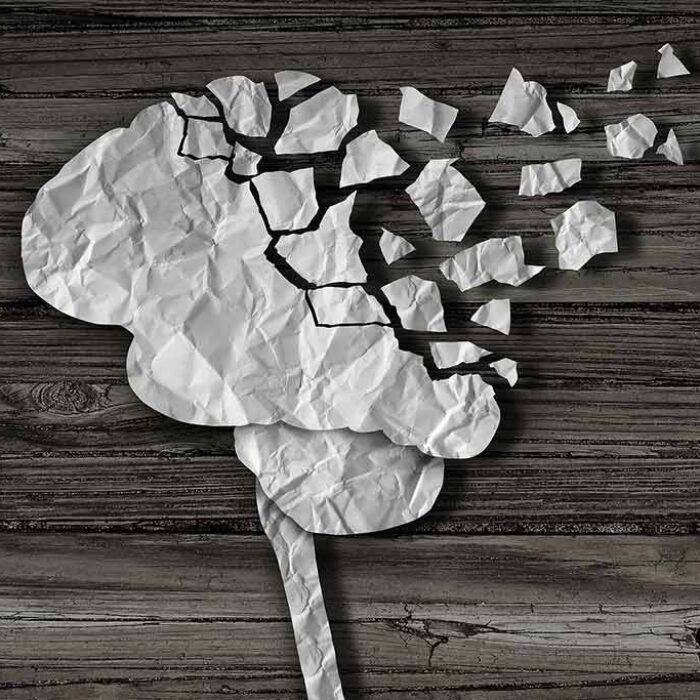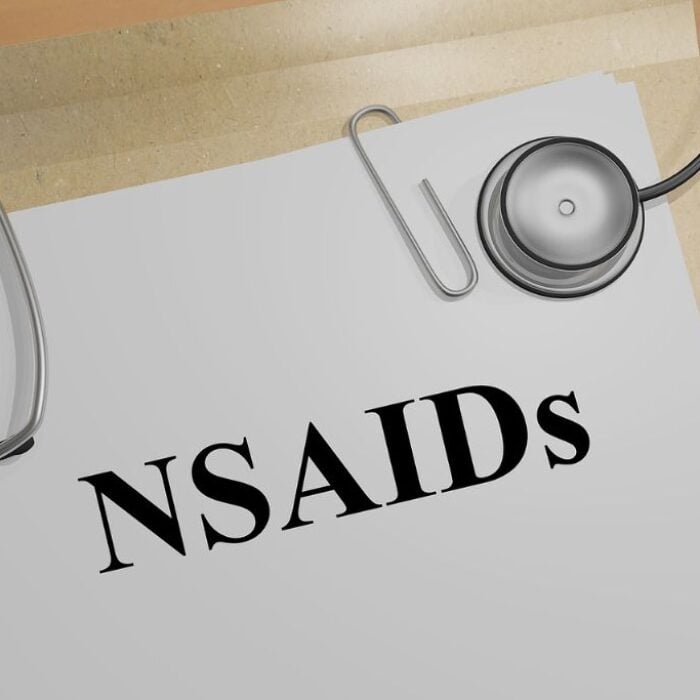Mood disorders are often seen concurrently with opioid dependence for a few reasons. First, opioids have natural antidepressant and anti-anxiety properties that can often make an underlying mood disorder resolve. This can cause self-medicating as the patient tries to find ways to handle the psychological stress of the mood disorder itself, and they turn to the opiate for relief.
The second reason that mood disorders are often paired with opioid dependency is that pain and mood disorders usually are found together. The pain from chronic back pain or fibromyalgia can often cause feelings of helplessness, loss of control, and chronic worry about how severe the pain will be. When opioids are prescribed for pain control, they often treat the underlying depression and anxiety, too, by influencing the neurotransmitters in the brain. For these reasons, those who have mood and anxiety disorders are more prone to opiate dependency than those who do not have them.
Types of Mood Disorders
Mood and anxiety disorders come in a variety of different conditions. Most people experience depression at some time in their lives, but it is usually subclinical. In some people, though, the feelings become pervasive and chronic, and these feelings can lead to a loss of function in life or possible suicide. This is properly termed major depressive disorder, but a closely related condition is bipolar disorder. Bipolar is typified by extremes of emotion. The mania feeling can lead to flights of fancy or even anxiety, and the depressive side is often analogous to major depression. Bipolar type II is diagnosed when the mania does not rise to a high level, and in most cases, the patient is largely depressed.
Anxiety disorders are usually diagnosed when patients experience extreme worrying, negative thoughts, and panic attacks. Obsessive compulsive disorder and post-traumatic stress disorder are two types of anxiety conditions that can cause the uncomfortable feeling of impending doom. However, other conditions of anxiety exist, such as generalized anxiety disorder, social anxiety disorder, and panic attacks. When taking opiates, the feelings of anxiety tend to dissipate.
Opioids and Mood Disorders
Opioids are often used non-medically to self-treat the major mood disorders because the drugs not only control pain but influence neurotransmitters, as well. A study published by Journal of Psychological Medicine in 2011 showed that those who have underlying mental health disorders are more likely to use opioids non-medically. In addition, those who used opioid prescription medications showed a higher incidence of developing mental health issues. This is usually because the patient had subclinical mood or anxiety disorders, and the usage of the opiate exacerbated the condition.
Predicting Dependency
Since mood disorders and anxiety are closely related to opiate dependency, it can help to predict which patients may become dependent on the medications before prescribing them. A study published in the Journal of Opioid Management in 2007 showed that misuse of opiate drugs was significantly higher in patients who suffered from depression. Twelve percent of depressed patients were more likely to develop dependence when compared to 5 percent of patients who developed dependence and did not have major depression. Interestingly, women with depression were almost twice as likely at 22 percent to develop dependence on non-prescription opiate medications when compared with 14 percent in non-depressed women and 12 percent in non-depressed men.
The usage of prescription opioid medication should always be approached with caution, but it is even more important to positively identify those patients who have subclinical mental health issues. Using prescription pain medications to treat these underlying issues is a common occurrence, and it indicates that other medications, such as SSRIs, need to be utilized to get mood disorders and anxiety conditions under control when treating opiate dependence.













